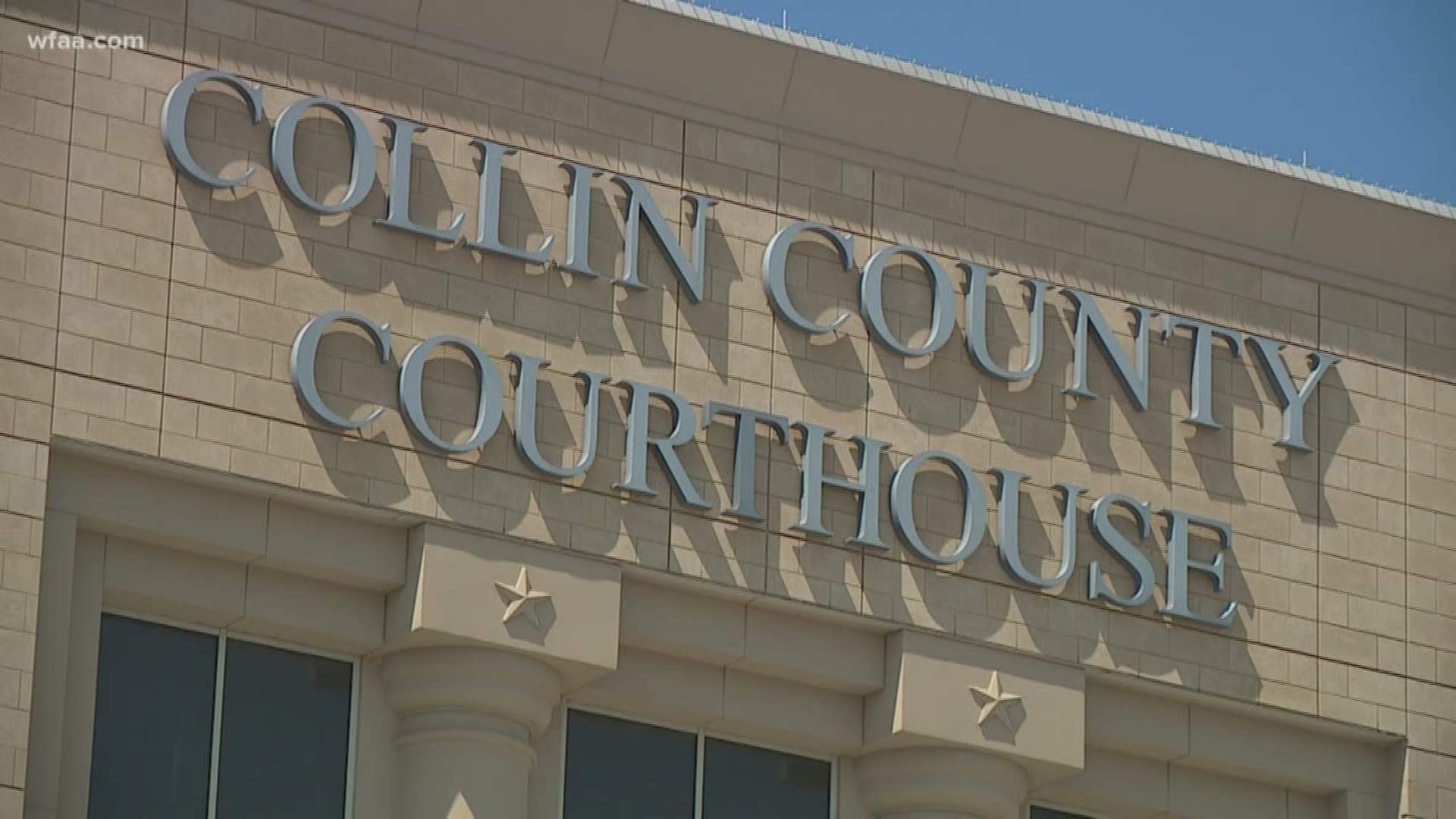DALLAS - The Dallas City Council is set to settle four of the six long-running lawsuits alleging the city underpaid police and firefighters, a move that could potentially save the city billions were it to lose in court.
The council is scheduled to vote on Tuesday to pay nearly $62 million to settle with 1,700 current and former police and firefighters in lawsuits filed in Collin County. The City will issue bonds to pay the judgment.
It will be up to a court-appointed official to decide how much each of the plaintiffs will receive. That will vary based on tenure and rank.
“It’s a huge win-win for the citizens of Dallas,” Mayor Mike Rawlings told WFAA. “We have that room on our credit card to be able to do it and it’s a great use of the money given the potential liabilities.”
An attorney for the police officers and firefighters in Collin County could be reached for comment.
The settlement doesn't impact two class action lawsuits filed in Rockwall County. Neither of those lawsuits has been set for trial.
“I think it’s good both sides compromised,” said Ted Lyon, the lead attorney representing the public safety workers in the Rockwall cases.
He said in the spring his side offered to settle all of the cases for $300 million, an offer the city declined. He said they are not currently negotiating with the city on a settlement.
“I hope they’ll come back to the table with the other 8,600 police and firemen,” Lyon said.
It wasn’t long ago that city leaders were facing potential financial catastrophe. The police fire and pension fund was set on a course to go bankrupt in under 10 years. But with fixes to the pension now in place, City Attorney Larry Casto and Rawlings said the time was ripe to settle looming Collin county lawsuits.
If a settlement wasn't reached, those case were set to go to trial early next month. A loss in those cases could have bankrupted the City.
The lawsuits revolve around a 1979 referendum that voters approved giving police and firefighters a 15 percent pay raise. The voters also approved keeping the different levels of pay among the different ranks in both departments the same.
The main point of contention is this: Did voters intend to maintain that pay raise structure for one year or in perpetuity?
“It all revolves around three words: ‘shall be maintained,’” Casto said.
The city has always contended that “shall be maintained” meant for just one year. Police and firefighters say voters meant that it was to be in perpetuity.
“Our position and we believe it today that the voters intended that this was a one-time 15 percent pay raise back in 1979,” Casto said. “You take those to a jury, I believe, we could convince a jury that was meant to be a one-time pay raise, but if you miss it’s a big miss and it’s risky for taxpayers and citizens if you get a jury that doesn’t agree with you."
In 1994, lawsuits were filed in Collin County. The two class actions were filed later in Rockwall County.
Public safety workers were able to file the lawsuits in Collin and Rockwall because portions of Dallas are in those counties.
The lawsuits have moved up and down the court system for decades. The City has filed appeal after appeal seeking to keep the cases from going before a jury. It long maintained the case had no merit and that the City couldn’t sue over it anyway because of sovereign immunity.
In 2002, the Dallas-based Fifth Court of Appeals ruled the ordinance is ambiguous because it could be interpreted either way. Eleven years later, the same court of appeals ruled a change in state law had waived the city’s immunity from the emergency workers claims.
Last September, in the Rockwall cases, a judge denied the city’s motion for summary judgement and claims that the court didn’t have jurisdiction. The city is currently preparing to file appeal with the Texas Supreme Court.
Lyon says if need be, he is willing to go trial.
“I know we’ve got a really strong case and I think we’ll prevail at trial, but you never know,” he said. “Not only yes do we want to go to trial, but hell yes we’ll go to trial.”
Last year, Elizabeth Reich, the chief financial officer for Dallas, acknowledged that the lawsuits had the potential to be a ticking financial time bomb for the City. She told the council that it could be a $4 billion cost in back pay. It would have an enormous chunk of the Dallas budget potentially for years.
City officials had sought to convince legislators in the last session to let them off the hook for the lawsuits but legislators declined to bail the City out.
Bonding agencies have also taken an unfavorable stance toward the pay lawsuits. Late last year and earlier this year, two rating agencies lowered the Dallas bond rating, citing the pay lawsuits and the then-failing police and fire pension fund.
Those downgrades meant that it could cost the taxpayers millions more to borrow money to make much-needed improvements to infrastructure.
Casto says the City didn’t settle any of pay lawsuits sooner, in part, because it could have affected the pension. But a provision in the newly passed pension legislation dictated that any money paid related to the pay lawsuits would have no effect on the pension.
The mayor said he expects the settlement on the Collin County cases to be paid by early next year. It will take time for Dallas to sell the bonds needed to pay the judgment.
“The settlement means that the city can look toward the future with a little more certainty and security about what’s ahead,” Casto said.

